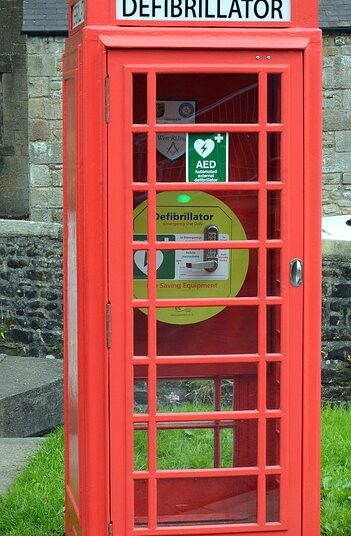Hey there, recent grad! 🎓 If you’ve just received your first paycheck, congrats! But let’s be real—starting out in the financial world can sometimes feel like trying to solve a Rubik’s Cube blindfolded. You may be wondering, “When should I actually dip into my emergency fund?” Let’s tackle that together.
In this article, you’ll discover seven different situations that might warrant using your emergency savings. By the end, you’ll feel more confident about managing your finances and less anxious about unexpected expenses.
1. Medical Emergencies: Health First!
Life can throw unexpected health issues your way. From a bad flu to an unfortunate accident, medical bills can stack up quickly.
When to use it: If you face deductibles or out-of-pocket expenses that your insurance doesn’t cover, tapping into your emergency fund is a sensible move.
2. Job Loss: The Unexpected Turn
Losing a job can feel like a punch to the gut, especially when you’re still settling into your post-grad life.
When to use it: If you find yourself unexpectedly unemployed, your emergency fund can help cover essential expenses—think rent, utilities, and groceries—while you search for your next great opportunity.
3. Auto Repairs: The Broken Down Car Dilemma
Picture this: you’re cruising on the highway when suddenly, your car sputters and dies.
When to use it: If your vehicle needs substantial repairs—like a new transmission or emergency roadside assistance—it’s a solid reason to tap into your savings. Always better to fix it than risk being stranded!
4. Home Repairs: “Uh-Oh” Moments in Your Space
Whether it’s a leaky roof or a broken heater, home repairs can be stressful and costly.
When to use it: If you’re renting and something major breaks, or you’re a proud homeowner facing unexpected bills, it’s time to lean on your emergency fund.
5. Family Emergencies: When You Need to Be There
Sometimes life hits hard, and family emergencies can pull you in different directions—think unexpected flights or urgent caregiving needs.
When to use it: If you suddenly need to travel or support a family member experiencing a crisis, your emergency fund can alleviate the financial strain.
6. Major Life Changes: The Cost of Transition
Moving for a new job, starting a family, or even going back to school can all come with hefty expenses.
When to use it: If these life changes require significant costs—like moving expenses or tuition—dipping into your emergency savings might be necessary to help you get started on the right foot.
7. Unexpected Bills: The Surprise Factor
Maybe your utility bill shot up, or you had to pay a fine that came out of nowhere.
When to use it: For those pesky surprise bills that leave you scrambling, your emergency fund is there to help you manage without derailing your budget for the month.
Conclusion & Call to Action
So there you have it! The seven situations when it might be wise to use your emergency fund. Remember, this money is designed to act as your safety net during unpredictable times.
To wrap up, here are the key takeaway points:
- Health emergencies require quick financial access.
- Job loss can make your emergency fund your best friend.
- Car and home repairs shouldn’t send you into a financial tailspin.
- Life changes often come with costs—be prepared!
- Unexpected bills? Use your emergency fund wisely.
Feeling empowered yet? 🌟 Take a deep breath, and if you haven’t already, consider setting aside a monthly amount for your emergency fund. Start small! Even a little extra can go a long way in keeping you financially secure.
Your Action Step:
Set up automatic transfers to your emergency fund this month—just $20 can make a difference! You’ve got this! 💪










